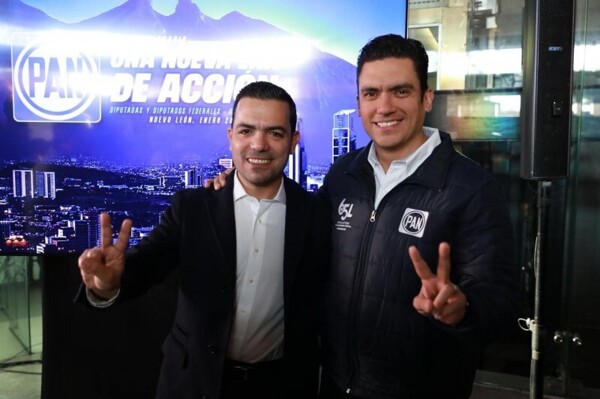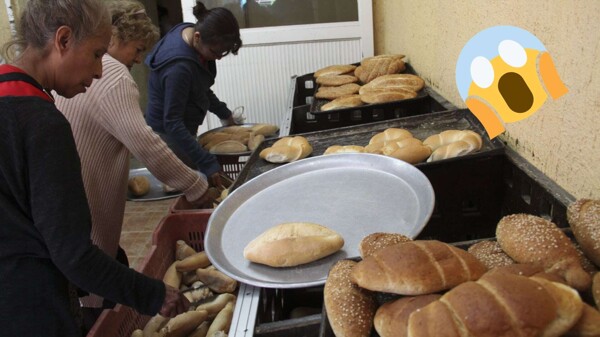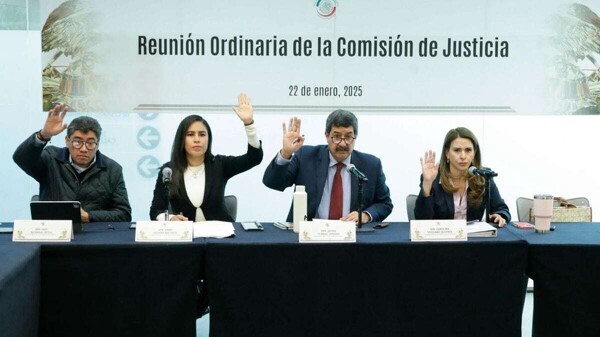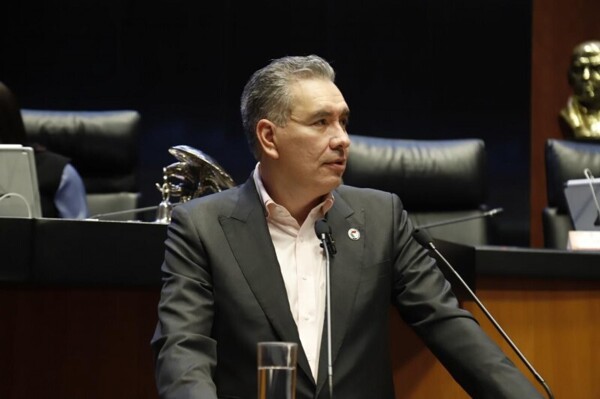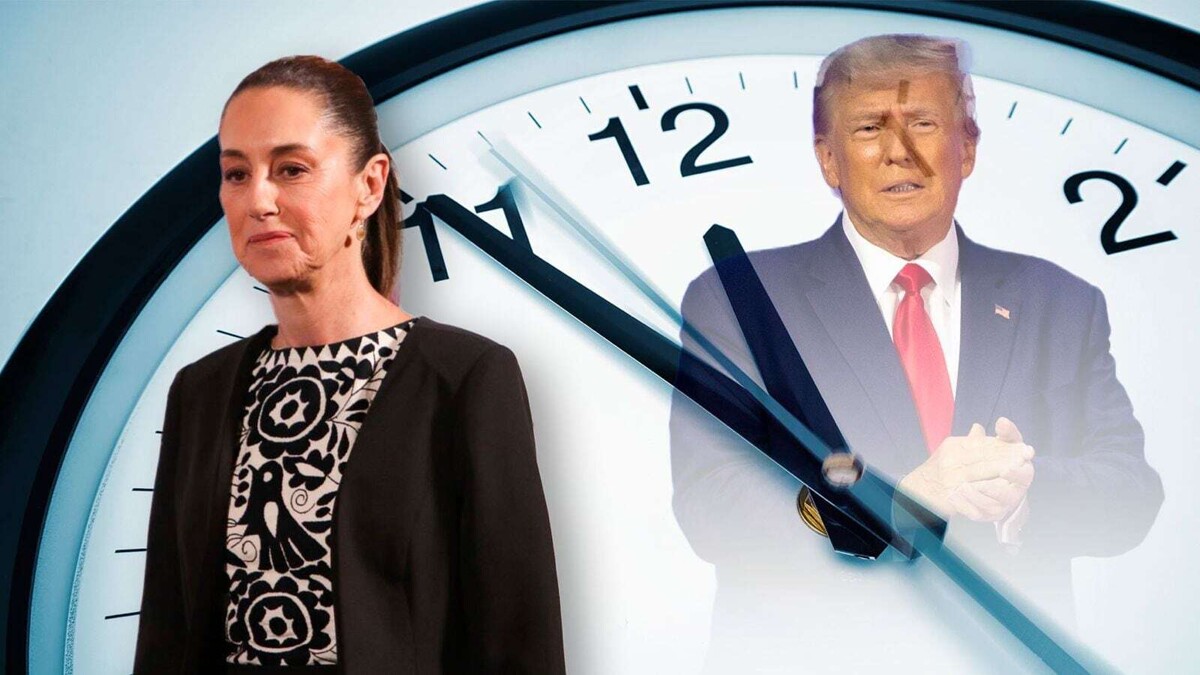
Mexico is facing a high dependence on U.S. fuels, posing a significant risk in potential future conflicts. In response, the country's trade defense strategy is focusing on the Ministry of Economy, with the participation of Marcelo Ebrard and the support of the Secretary of Finance, Rogelio Ramírez de la O. A detailed list of sensitive products is being compiled as a possible response to tariffs imposed by the U.S.
In the first phase of this strategy, the negotiation, the immediate imposition of tariffs by the Trump administration was postponed, demonstrating that the measure has political and negotiation purposes. Trump's importance in the energy sector is also highlighted, as Mexico's high dependence on natural gas could be used as a pressure tool in future negotiations. Mexico imports more than 70% of the natural gas it consumes from the U.S., being the main buyer with over 30% between January and September of last year.
On February 1, the U.S. will impose a 25% tariff on imports of products from Mexico and Canada, its main trading partners under the USMCA, its most significant trade agreement. However, the enforcement of this measure is conditional on both countries meeting U.S. immigration demands. The Trump administration seeks to have Mexico demonstrate its capability to address border security issues.
President Claudia Sheinbaum has one week to convince the Trump administration that Mexico can address immigration demands. Sheinbaum has stated that necessary humanitarian aid will be provided to those who request it. In the face of the tariff threat, the president has made it clear that she has no intention of yielding in this "first round" with Trump. The date for the possible imposition of tariffs by President Trump is approaching, keeping Mexico on alert.











